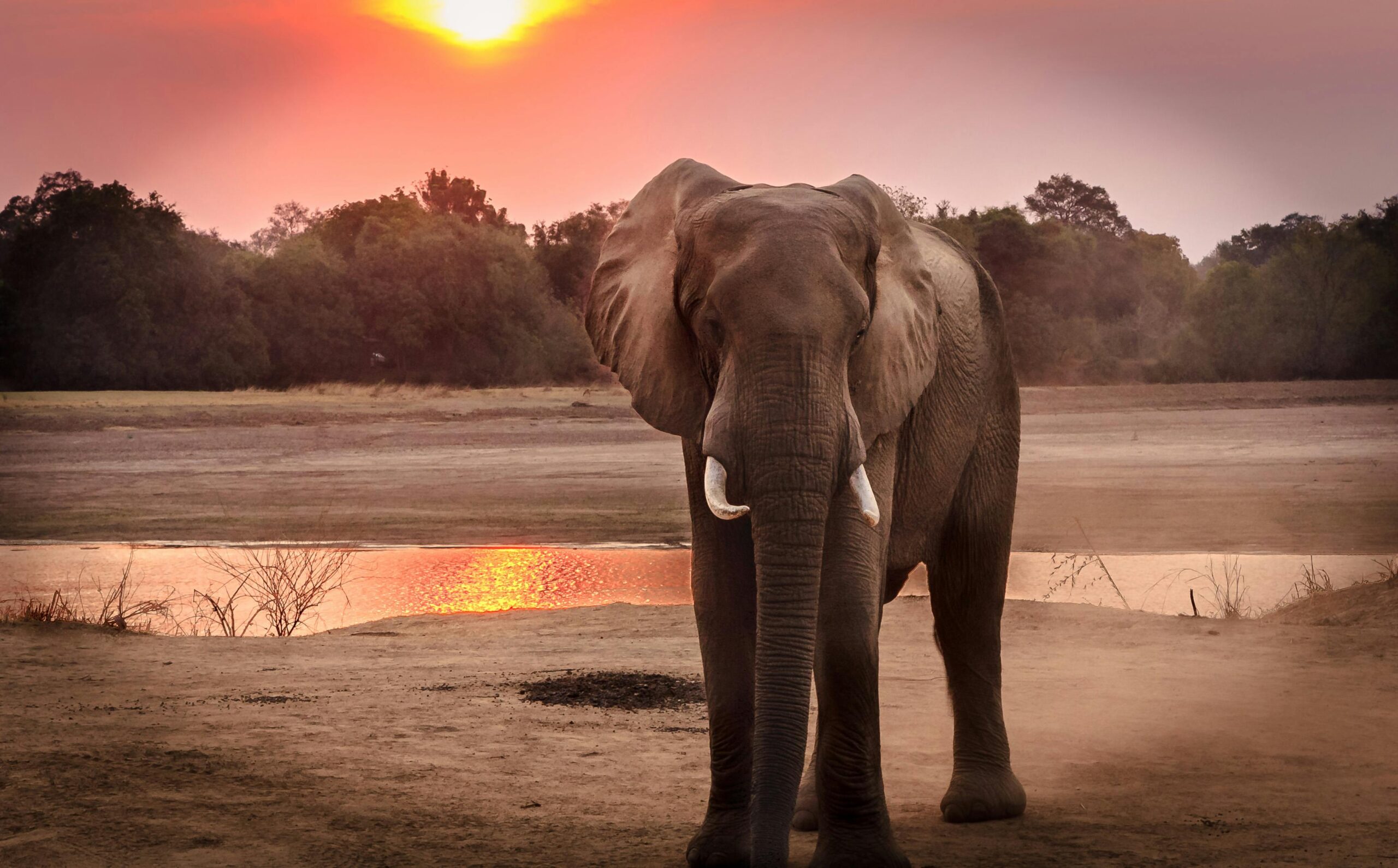(image credit: by Harvey Sapir)
Elephants aren’t just giants in size—they’re emotional powerhouses, too. In the wild, they’ve been observed standing vigil over fallen herd members, touching bones with reverence, and even revisiting grave sites. These behaviors suggest something extraordinary: elephants may truly mourn their dead.
More Than Just Memory: Elephants and Their Deep Emotional Bonds
When we think of emotionally intelligent animals, dolphins and primates often come to mind. But elephants? They’re perhaps the most quietly profound of all.
In recent years, researchers and conservationists have documented a range of fascinating behaviors that suggest elephants may experience grief. Herd members have been observed doing more than just noticing a death—they appear to recognize and respond to it emotionally.
Scenes of Elephant Mourning in the Wild
In several well-documented cases, elephants were seen:
Touching the bones of deceased elephants with their trunks and feet, often delicately and repeatedly
Standing vigil near a fallen family member for hours—or even days—without eating or drinking
Attempting to lift or revive the body by nudging or trumpeting
Returning to the same location months or years later, often stopping and quietly examining the bones
One particularly famous observation involved a herd encountering the bones of a long-deceased matriarch. The elephants paused, touched the skull, and stood silently for several minutes before continuing their journey. It’s as if they were paying respects.
Why This Matters: Empathy in the Animal Kingdom
These moments aren’t just fascinating—they’re deeply moving. They suggest that elephants are capable of complex emotional experiences like:
Empathy
Loss
Remembrance
Elephants are known to form tight-knit social structures. Families are led by wise matriarchs, and calves are cared for communally. When a member dies, it’s not just a loss—it’s the disappearance of a cherished companion. Some researchers compare their grief to the way humans process loss.
A Case for Compassion and Conservation
Understanding the emotional lives of elephants adds new urgency to protecting them. These intelligent beings face severe threats from poaching, habitat destruction, and climate change. Knowing they mourn like we do reminds us that conservation isn’t just about numbers—it’s about lives and relationships.
Supporting ethical wildlife tourism, elephant sanctuaries, and anti-poaching efforts helps protect these majestic creatures—and their emotional worlds.


